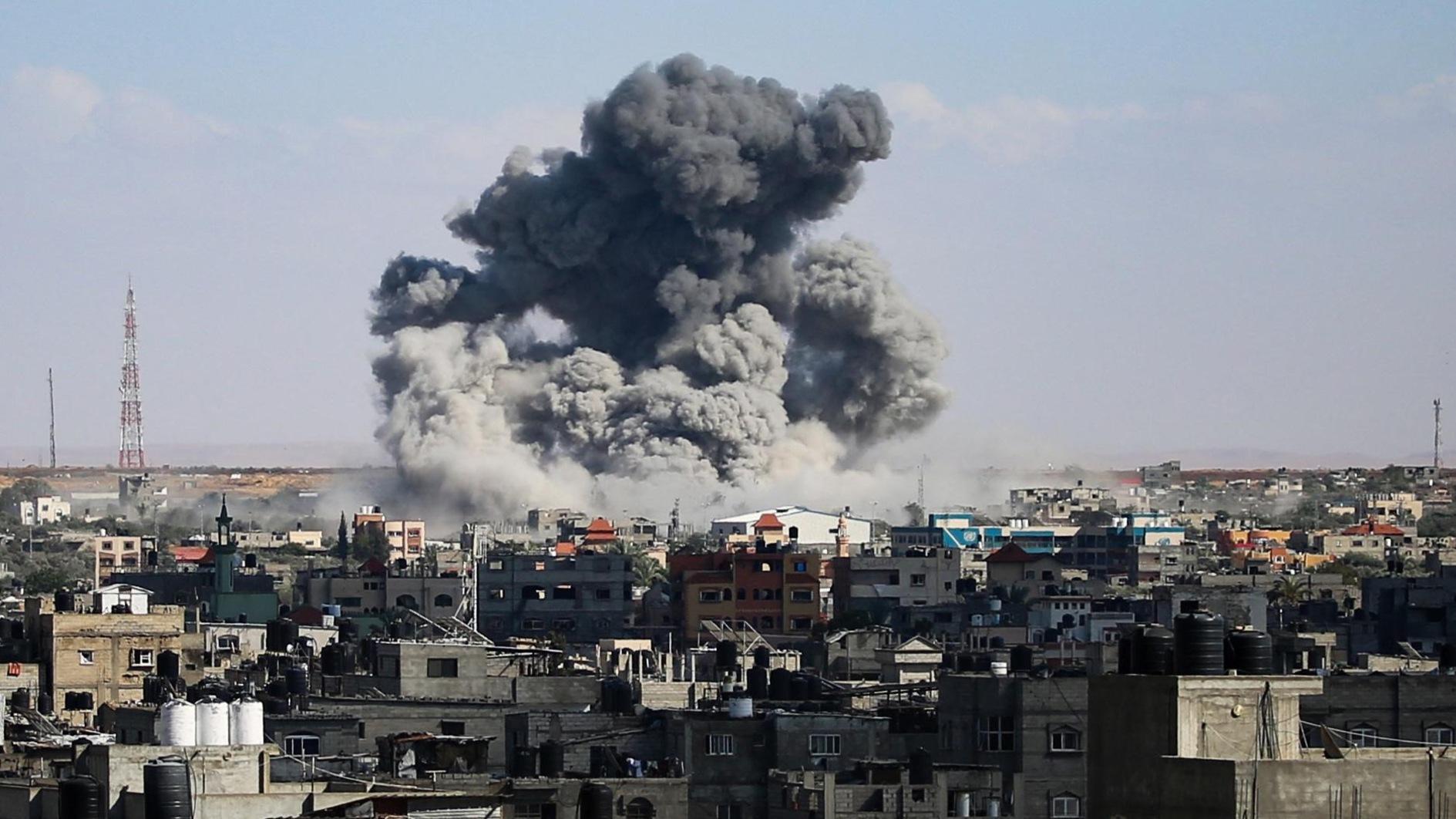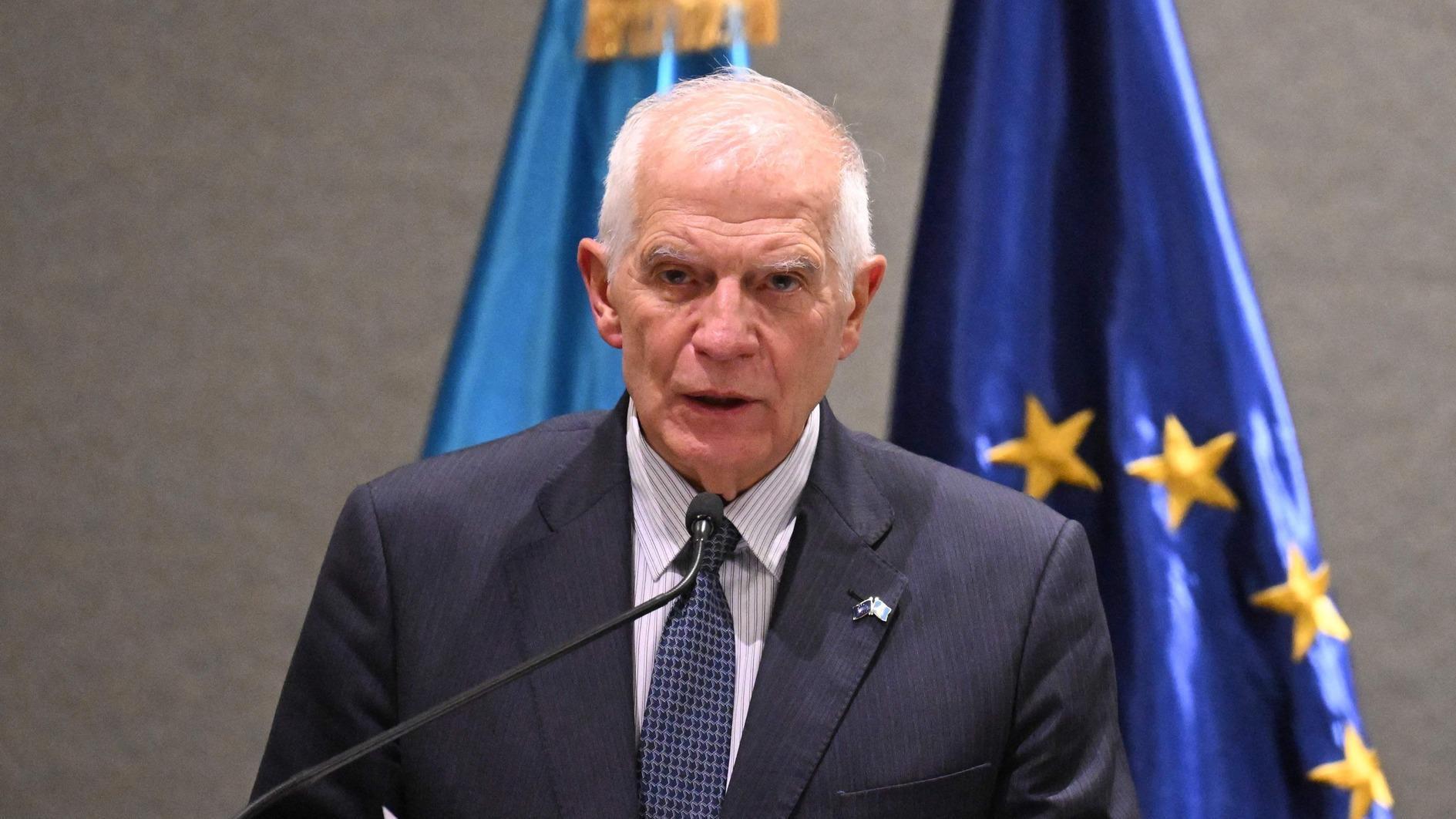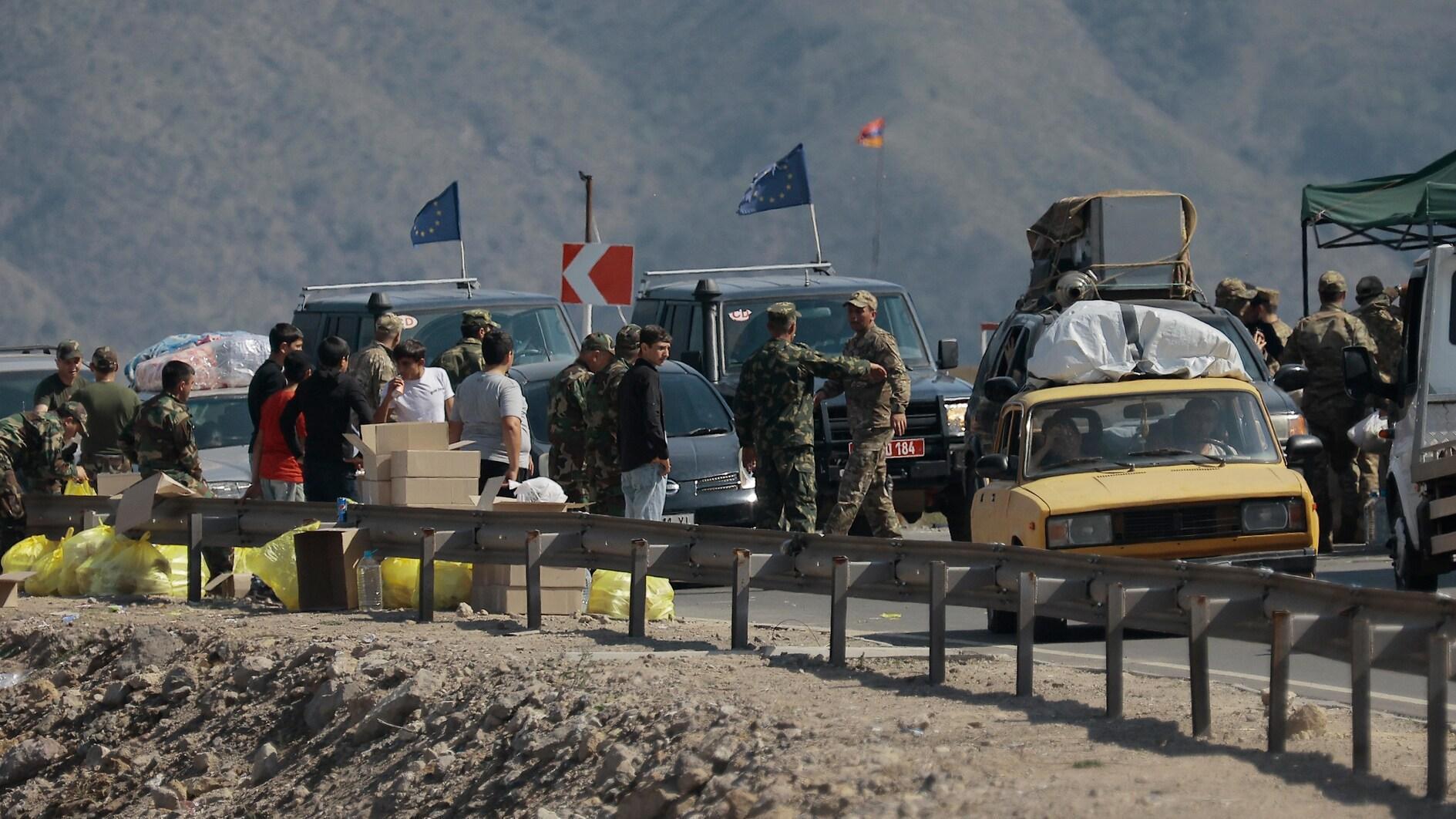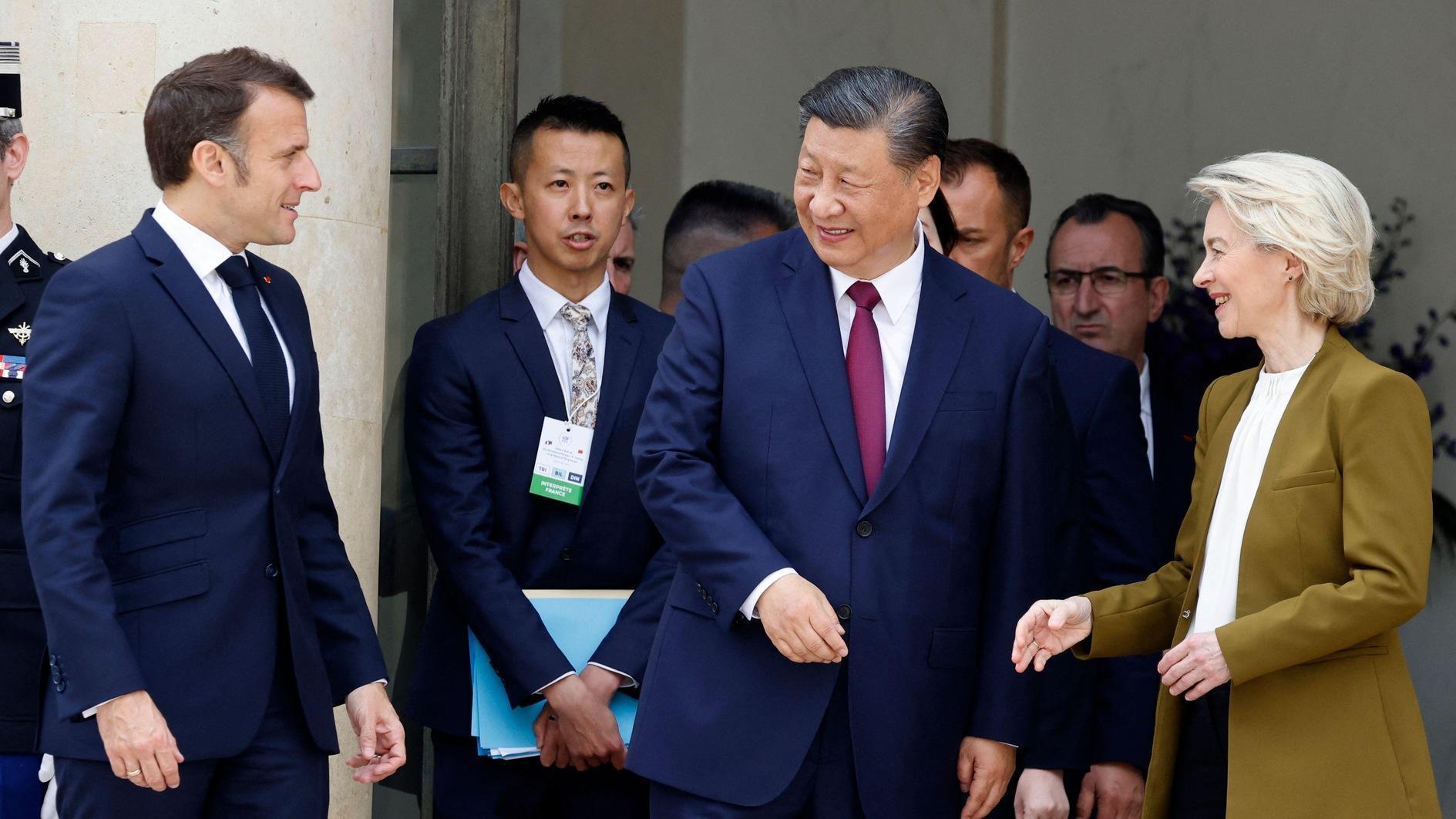Who will save us from guardians, tutors and protectors?
İSMET BERKAN
The indispensable word in our political debates is “tutelage.” At every opportunity, we mention “the mandate of tutelage” and how we suffered from it.Indeed, when the ruling party mentions “tutelage,” it primarily means the military tutelage over the democratic system.
Actually, it is truly the most important tutelage regarding this system.
We are observing that this tutelage is de facto breaking, but it should also be eliminated legally. It will probably take a few generations to end the mentality of tutelage.
However, unfortunately, besides the fact that the military tutelage over the functioning of the democratic regime is very important, tutelage is more widespread than it is thought to be in our democracy.
What is tutelage; let’s try to understand that first:
Roughly, tutelage is the name of not trusting the people, being afraid of the people and attempting to protect the people despite their will.
Starting from elementary school, each of us has a “guardian.” That person protects us and represents us, decides on behalf of us, he knows what is best for us.
Maybe such a practice is acceptable for a child (within certain boundaries indeed) but grownups do not have a guardian or a tutor. (Excluding the very sick and those who lack mental faculties.)
Well, can there be a parent, tutor or guardian for the whole society?
Our Constitution is the written manifestation of the lack of trust in society and the political institution, and for this reason tutelage, in the first place, comes from the Constitution.
The Turkish left and the Kemalists mention the inadequate maturity and the inadequate education of the people; they say, “We are not ready for democracy, at least not ready for a 100 percent democracy.” In a way, they want to be the guardian, the tutor of the people.
The Turkish right on the other hand, at every opportunity, says, “Whatever the people say will happen. The people have the say,” but they do not trust the people either. They do not miss any opportunity to become a guardian, a tutor.
Turkey’s administrative order assumes in advance that the elected mayor of a city or town will be acting on “political concerns,” and for this reason appoints a governor or a district governor on top of him, representing the “central tutelage” of Ankara.
I can give dozens, hundreds of examples as such regarding the tutelage mentality incorporated into our daily lives. Essentially, they are all alike: Not to trust people and to accept in advance that if the people are let free, they would do the wrong things.
The latest example of this tutelage is the law restricting alcohol consumption and ads. The aim is indeed to protect minors, in other words, children and those in their early youth, from alcohol. As I said, when it is children in question then we can assume the state acts reasonably.
Well, what about adults?
How can we be sure in advance that they will drink alcohol not with their mouths but with another part of their body?
The law does not stop at protecting children from alcohol but with the new order it introduces to alcohol sales, promotion and consumption, interferes with the lifestyle of society, and let’s name it, does a sort of social engineering.
This is exactly tutelage…
The legislator is trying to protect me from myself. Allegedly, he is doing it with good intentions. But, I don’t need a protector or protection. I am a grownup, and I can protect myself from the harmful.
İsmet Berkan is a columnist for daily Hürriyet, in which this piece was published May 24. It was translated into English by the Daily News staff.
İSMET BERKAN - iberkan@hurriyet.com.tr











